Three professors get top positions in prestigious organization: “This is huge for CBS” and “sends a strong signal”

(Illustration by Emil Friis)
CBS is well-represented within the prestigious association for management and organization scholars, the Academy of Management. Now, three professors – all female – occupy top positions in the organization, and according to them, this can make CBS more attractive to young female scholars, and boost equality and inclusion within academia.
“Having three CBS scholars in leading positions at the Academy of Management puts CBS in a very strong and visible position internationally.”
These are the words of Eva Boxenbaum, Professor at the Department of Organization, CBS. A year ago, she was elected for one of the best positions a scholar can get within the Academy of Management (AoM) organization: Division Program Chair-Elect for the Organization and Management Theory Division (OMT). Now she is accompanied by another two CBS professors who have just been elected to similar positions in other divisions of AoM.
Moreover, all three of them are women, which marks a change within academia and sends a signal that women can also climb to top positions within academia, according to the CBS professors.
“I’m the first female European to occupy my position, and that’s huge in itself. But the fact that the three of us are all professors from CBS, all leading some of the biggest divisions at AoM and all women, is tremendous,” says Marie Louise Mors, Professor at the Department of Strategy and Innovation at CBS and newly elected Assistant Program Chair for the Strategic Management Division (STR).
Grazia Santangelo, another professor from the same department, is the newly elected member of the Executive Committee of the International Management Division (IM) and she will Chair the Division pre-conference program at next year’s AoM meeting. She agrees that the appointments will make it easier to attract young female scholars.
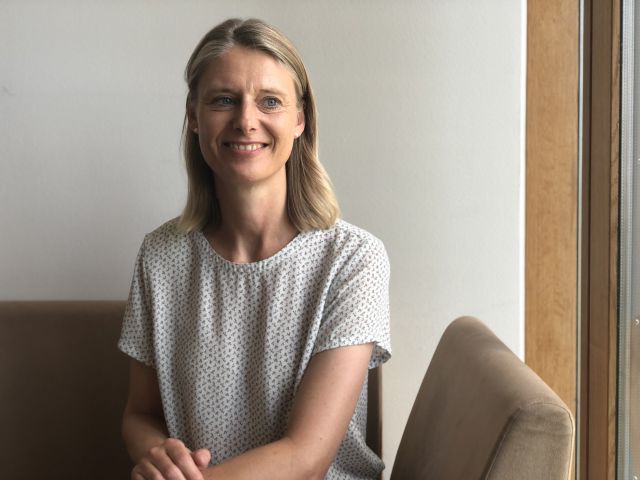
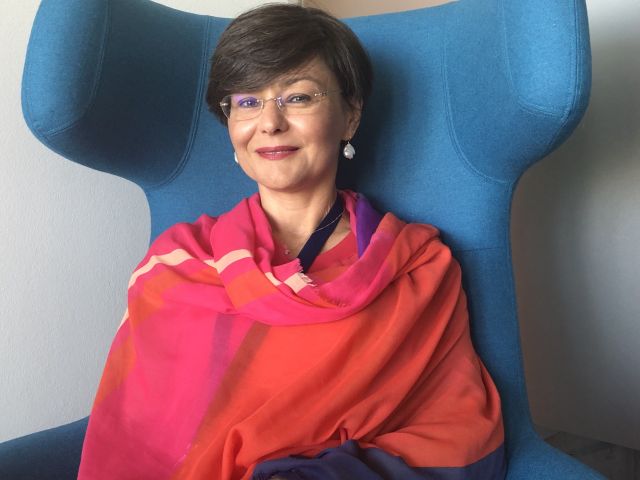
“The appointment of three female scholars not only sends a strong signal to academia, but also to the business community. And I believe that CBS can gain a lot from this,” she says and continues:
“Clearly, attracting young scholars and female professors will be easier because they can see that it’s possible to go all the way to the top.”
And Eva Boxenbaum can confirm that having a woman in top management really makes a difference.
“I have been contacted by many female scholars about my research and position. I think it’s a kind of mirror effect,” she says.
CBS started a trend
AoM is normally very centralized around North America but in recent years, the organization has started opening up towards Europe and Asia when electing new chairs for the divisions. According to Eva Boxenbaum, CBS and others can thank its own Professor Majken Schultz for inspiring the Board of Governors, the top management of AoM, to even consider looking abroad and including other nationalities than North Americans in the leadership of its division and interest groups.
“The focus on diversity and inclusion in AoM has definitely increased. As they are a global community, they must also be more representative, and I think that Majken Schultz contributed importantly to that trend a decade ago when she was elected Representative-at-Large for the AoM Board of Governors, inspiring them to look towards Europe,” she says and continues:
“She has opened many doors, which we can benefit from.”
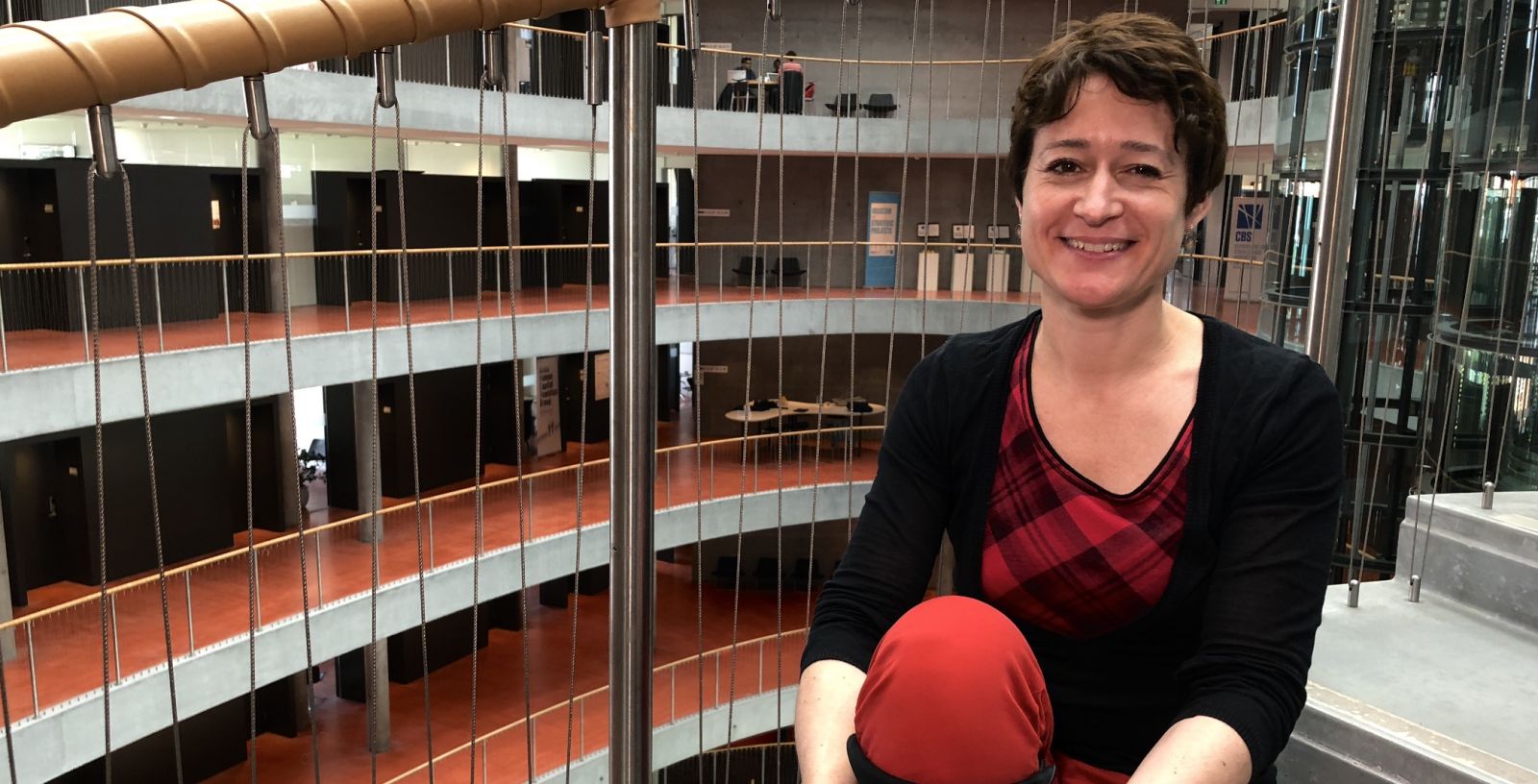
Eva Boxenbaum also highlights the important contribution of Renate Meyer, part-time Professor at the Department of Organization at CBS.
“In her role as Chair of the European Group for Organizational Studies from 2011 to 2014, Renate Meyer initiated a partnership with the OMT Division. A few years later, she was elected to the leadership track in the OMT Division and is now the first female European Division Chair in the history of the division. She has been an important source of inspiration and encouragement for me, a role I aspire to replicate for younger CBS scholars,” she says.
Marie Louise Mors’ ambition is to make her division even more inclusive and diverse. And as the conference was held online this year, higher inclusiveness was possible
“The AoM conference this year was held online, and I think it clarified that online events are very inclusive, as they are accessible to everyone. Every year, CBS offers many of its researchers the opportunity to participate the AoM conference, but some universities simply can’t afford this and their researchers, who can’t be physically present, are therefore excluded from being part of the community,” she says.
Here for young scholars
All three professors mention the importance of attracting and helping young scholars to rise through the academic ranks, as they are “the next generation” of researchers who can also make changes in academia.
Grazia Santangelo hopes, through her position, to contribute facilitate the engagement of more young scholars to participate in IM division activities and the AoM conference, where many researchers network together, and universities scout for new employees.
“I especially hope that my election can stimulate young female scholars to line up for governance leadership positions too. We want a new generation that is more gender balanced and feels equal,” she says, adding:
“Moreover, research shows that groups and organizations work more effectively when there’s a mix of genders. If academia doesn’t move towards more diversity and inclusiveness, we risk working with half the resources and half the talent available.”
Marie Louise Mors adds:
“It’s important to support young researchers and introduce them to academic life and share our contacts and knowledge with them. Also, I believe that when CBS has such a strong position within AoM, the young scholars can take advantage of that, for sure.”
The recent AoM conference was held solely online, but the work of planning next year’s conference has already begun.
“Although I’m taking a break from AoM to focus on my research and teaching at CBS, I’ll be spending quite some time planning next year’s conference, as I am managing the scholarly program for our division. That includes going through 800 research papers and selecting the best for the final program,” explains Eva Boxenbaum.





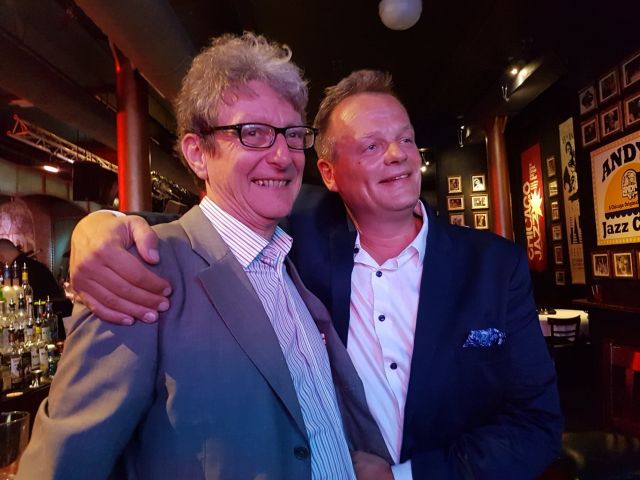
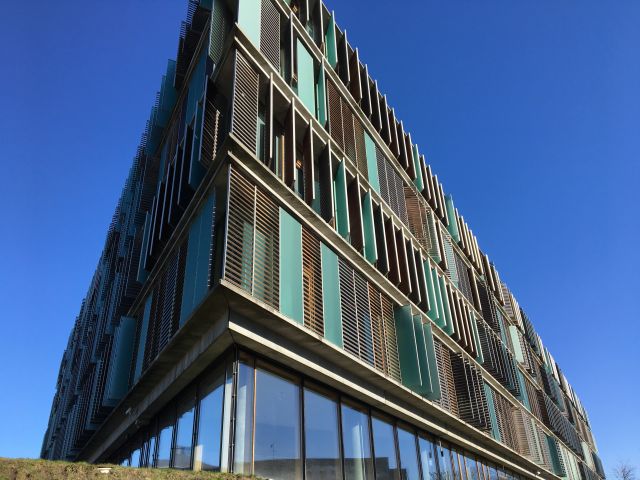

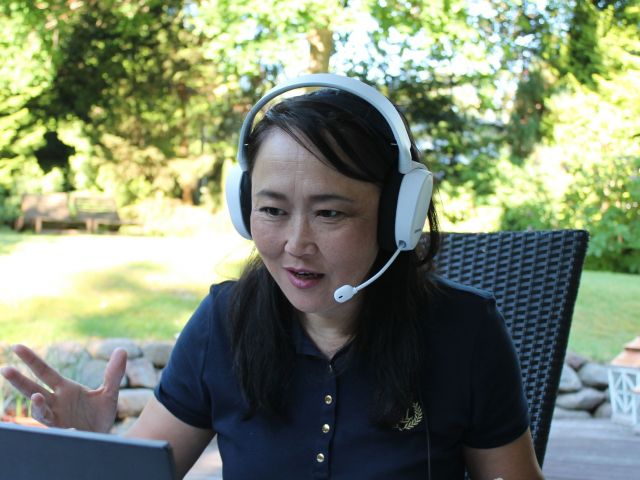

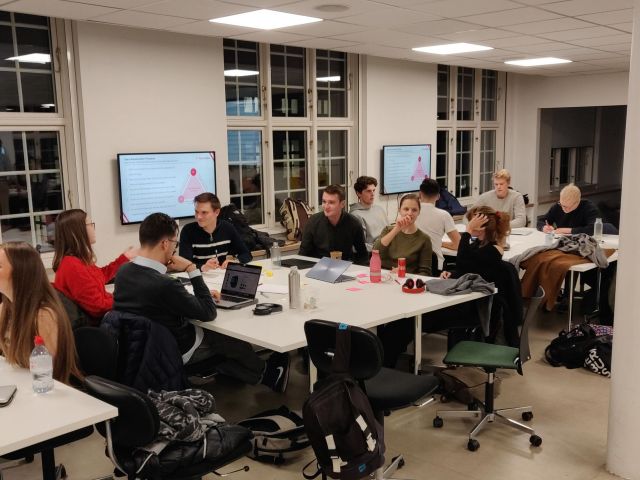




























































































































Comments